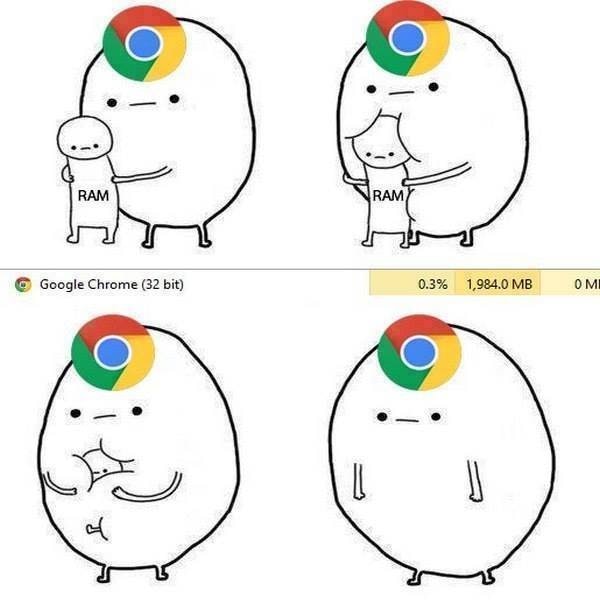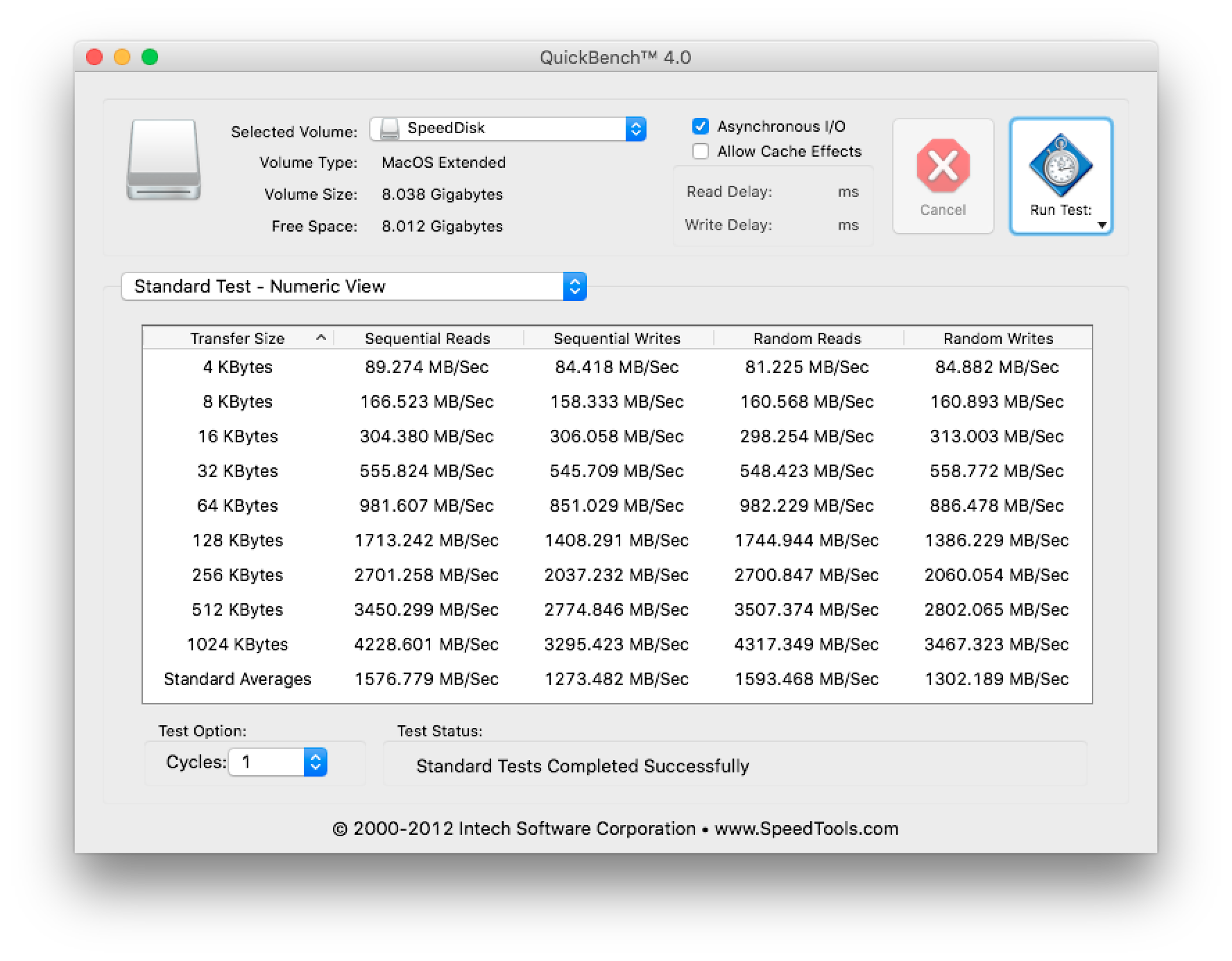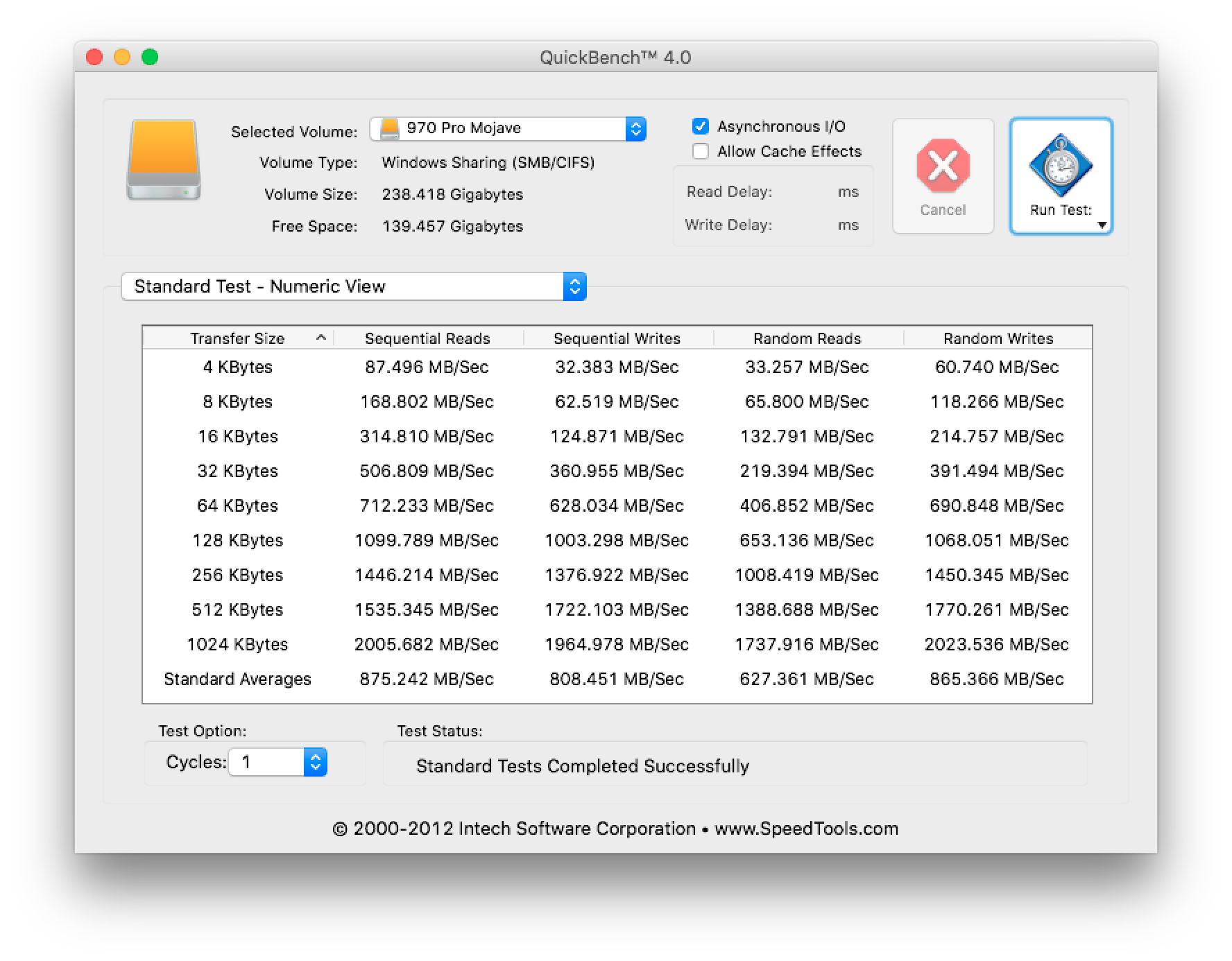D
Deleted member 88301
Guest
Hi, all.
I rarely go over 8GB of RAM usage. Would creating a RAMDisk be worthwhile?
What got me thinking about it is from this link:
https://fossbytes.com/how-to-use-ram-as-hard-drive-how-to-create-ramdisk/
It's mainly hypothetical as most of my often played games are on SSDs.
But, still, would it be worth a try?
I haven't really heard anything about RAMDisks in years.
Thanks all!
W
I rarely go over 8GB of RAM usage. Would creating a RAMDisk be worthwhile?
What got me thinking about it is from this link:
https://fossbytes.com/how-to-use-ram-as-hard-drive-how-to-create-ramdisk/
It's mainly hypothetical as most of my often played games are on SSDs.
But, still, would it be worth a try?
I haven't really heard anything about RAMDisks in years.
Thanks all!
W
![[H]ard|Forum](/styles/hardforum/xenforo/logo_dark.png)


